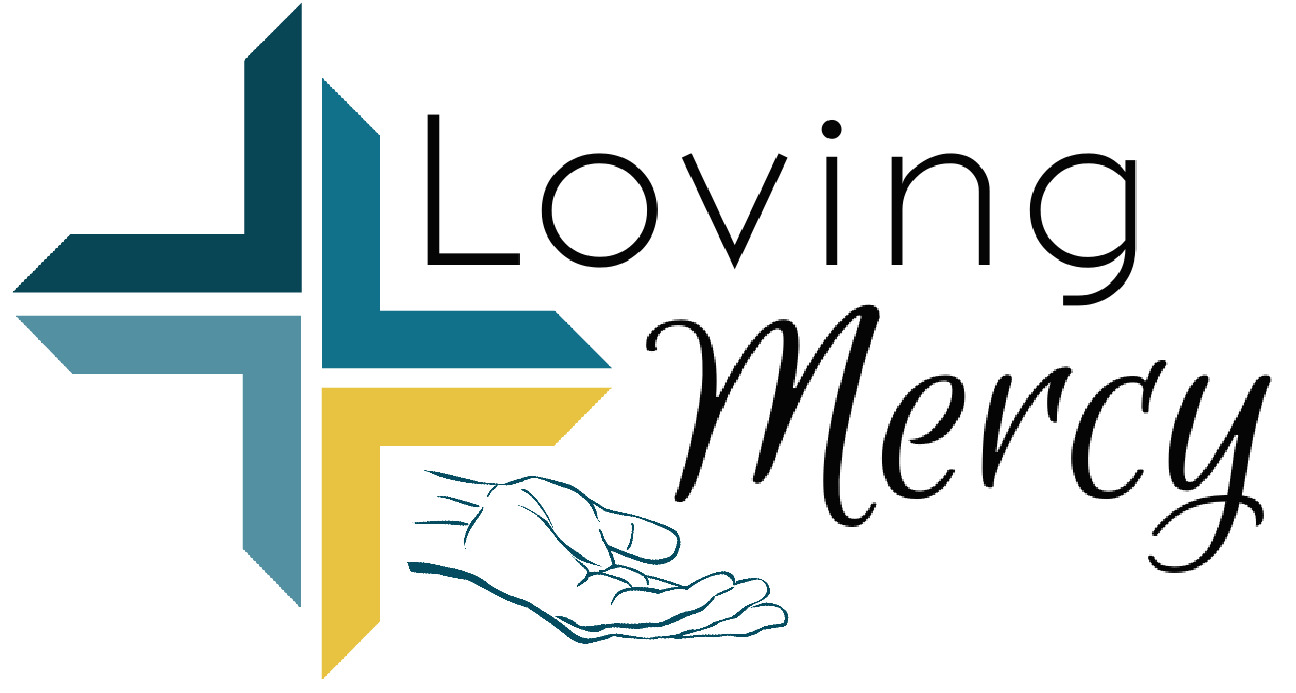This is a guest post by Paul Buggy.
For so many years I have sat in the pews while a person up front, who obviously had a very real and interactive faith and life in God, and spoke about life in God’s kingdom. Their experience of God was authentic, gritty and quirky in the way real things are. I often sat there thinking about my own experience, how hit and miss it was, half my own invention, half something I didn’t understand or recognise most of the time—not real enough that you’d be confident to put your full weight on it. It felt like I was desiccated on the inside, not full and driving forward, my nose pressed up against the window of the sweet shop wondering what it is like to be inside. And then, when I least expected it, a sense of the holy, being whole, would waft across my path and I would get it in a will-o’-the-wisp way for a while – maybe a day or a few days. Thanks to a lot of wise input from others and learning more about how I tick mentally and emotionally, I have more consistency in my spiritual life. The sense of God feels more like an “other” to me when before I felt I was making it all happen. It still comes and goes, but my experience of presence is that it has more forward momentum.
So why so many years bouncing off steady presence, and now in recent years a change? That’s the question I wanted to shout up from the pew all those times. How do I get this quirky real individual relationship with God? And no platitudes please.
 Inner Landscapes of the Heart
Inner Landscapes of the Heart
I know my inner landscape a lot better than I did then. The map I have of my insides is a bit closer to reality. What do I mean? When I am ashamed, I know where I go emotionally with that. I can predict the dreadful things I will say to myself. I know what I will try do to stop feeling this way. When I’ve done well and am being applauded I know what that will do to me. Good and bad. I recognise better within me feelings of fear, inadequacy, worry. They don’t have unbridled access to my heart any more. I am better at seeing them from the outside. I have learned to challenge them, chide them, charm them, ignore them. Knowing my inner topography a little better has helped me to stay more present to God because it isn’t as easy to knock me off balance anymore. I know my enemy’s (the world, my flesh and the Accuser) tactics a little better now. Also, this interior knowledge has made me more sensitive to the movements God causes in me too—God’s nudges and embraces.
What Works for Me
I have learned what prayer disciplines work for me. Please indulge a short story about swimming. I went to swimming lessons a few years ago. I could swim, but not very well. As Buzz Lightyear would say I was “drowning with style.” I really wanted to learn to breathe properly when doing the front crawl but I could never get the timing right. I would swim holding my breath as long as I could and then, come up for air but not get enough in – all my rhythm was gone. Much splashing and spluttering ensued. Fits and starts, much like my spiritual life. I wanted to swim (pray, live) steadily, with breathing as part of the rhythm. After six lessons I still could not get it right. Left stroke, right stroke, left stroke, tilt the head, breathe, right stroke, left stroke, left stroke, tilt the head, breathe. I knew what the teacher had said. But my body didn’t know it yet. I went through it in slow motion walking in the shallow end, slowly step by step, so my body could follow. Tried it… tried it again and got it! All new skills and appreciations have these elements. Becoming comfortable with a new language, cooking, learning an instrument, kindness.
What has this got to do with God? Well, in swimming I discovered where I went wrong. I decided to learned how to address this. I got help. I deliberately practiced it until my body understood the new rhythm and then it became a habit. I think all real growth is like this. It is aiming for one particular thing and getting the resources you need around you. It is deliberately, slowly, consciously practicing a new habit, rooting out the wrinkles, understanding, until it is real, imprinted in the deeper part of you – deeper than the mind. Solid, so you can stand on it, it carries you- even when you don’t feel it. It is outside conscious thought (in your body) and so is not dependent on it. My prayer changed just like this. I found what ways of praying work for me: Lectio Divina and contemplation. I learned as much as I could about them from people who actually did them. I built a rhythm in my week where I made space to do them. This discipline has enabled me to experience God’s presence as a real other person.
How have you learned to experience God’s presence? What helped you?
Paul Buggy is a spiritual director who lives in Dublin Ireland with his wife Kate and their three children. You can find out more about Paul at his website Prayer Coach (where this post was originally published) where he indulges his passion for Ignatian Spirituality. He has a particular weakness for helping people who think they can’t pray (i.e. everyone).
| If you’d like to write for God In All Things please see the Submissions page. |










Thank you Paul loved your thought process, insights and writing style~ in other words – the whole deal!
I struggle to maintain a routine for my daily prayer. I know that I desire the connection with my Great Mystery God. I know that I feel a better balance in my life when I try to stay tuned in yet like you said~ quite often it feels like “half my own invention”.
BUT sometimes~ not that often sadly ~ sometimes, I feel just right. I can breathe. Nothing has to make sense. It’s alright just as it is. What is that it~ everything.
I so want to feel that sense of alrightness more often. I’d love to live with that sense of alrightness always but maybe that’s the Kingdom Come and I just get a touch of it now and then.
Next step for me I think is to find a Spiritual Director~ easier said than done.
I will pray in gratitude for you. Thank you, Kathy
Kathy
Thank so much for responding. I love your honesty. Those two sets of feelings you describe”feeling just right” and its opposite are what Ignatius calls consolation and desolation. He has a lot of really practical and helpful things to say about both feelings and great advice on navigating through them. Learning about this and putting it into practice can bring a whole lot more consistency into your prayer life, emotional life and experience of what God is doing in your heart and life. A Spiritual Director will be really helpful here and I can’t recommend that enough.
On this site Andy has written has some terrific blogs consolation and desolation. Here’s a great series:
http://ignatianresources.com/desires-of-the-heart/ is a great overview.
Also Timothy Gallagher has a great podcast series on consolation and desolation here
http://www.discerninghearts.com/?page_id=1146
Anyway Kathy, thanks for your comments and I wish you well on your journey.
Thank you~
When we experience God, all in our lives changes. I feel this in me and in all the people which had this experience.
This change happened to me in 2013. While the World Youth Day, i discovered the Ignatian spirituality through a James Martin’s book. Now, all thing are full of sense, light, beauty. All things are full of God.
Now, I am part of a New Community, which has its own spiritual path, but the Ignatius’ way will always have a place in my heart.
It’s that. Now I can :”I am happy”. I want this to you too. Just open your heart, let be surprised. God want this to you. 🙂
As a new believer in Christ (only 2 years), this touched my Spirit!
Thank you! I needed this…and I didn’t even knew I needed!